Now that I've finished preping the new raised beds.......
joeworm
12 years ago
Related Stories
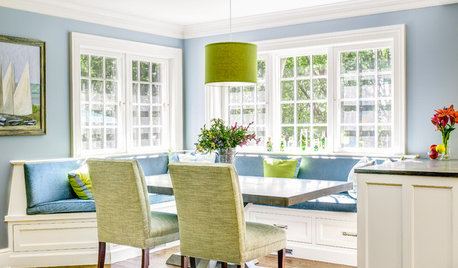
DECORATING GUIDESThe Dumbest Decorating Decisions I’ve Ever Made
Caution: Do not try these at home
Full Story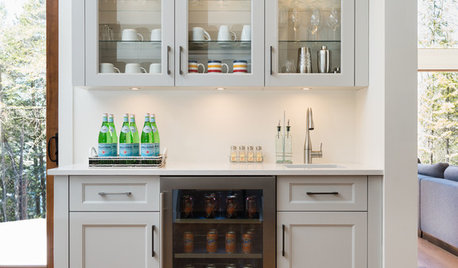
ENTERTAININGTrending Now: Houzzers Raise a Glass to 15 New Home Bars
Most popular new home bar photos on Houzz offer plenty of ideas for a dream entertaining space. So what’ll it be?
Full Story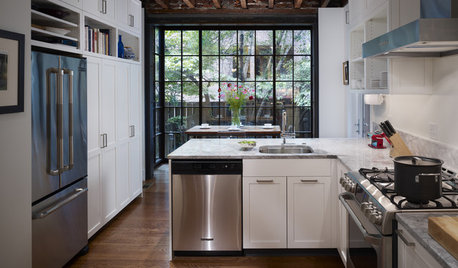
FEEL-GOOD HOME12 Very Useful Things I've Learned From Designers
These simple ideas can make life at home more efficient and enjoyable
Full Story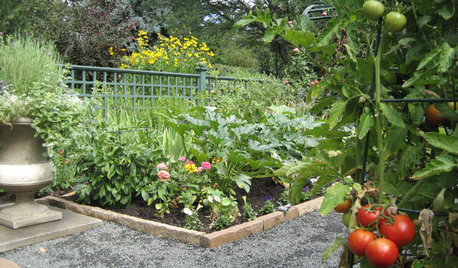
SPRING GARDENINGInspiring Raised Beds for Fall and Spring Planting
Make Your Next Vegetable Garden Even Better with Beautiful Boxes and Paths
Full Story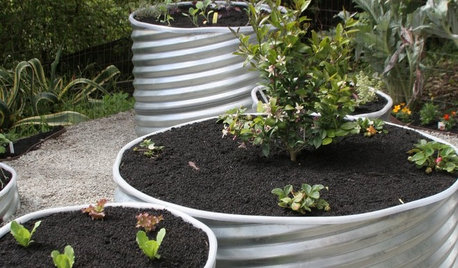
GARDENING GUIDES8 Materials for Raised Garden Beds
Get the dirt on classic and new options for raised vegetable and plant beds, to get the most from your year-round garden
Full Story
FARM YOUR YARDHow to Build a Raised Bed for Your Veggies and Plants
Whether you’re farming your parking strip or beautifying your backyard, a planting box you make yourself can come in mighty handy
Full Story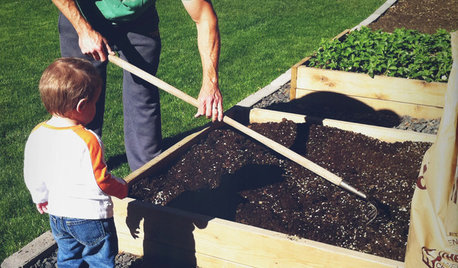
GARDENING AND LANDSCAPINGBuild a Raised Bed to Elevate Your Garden
A bounty of homegrown vegetables is easier than you think with a DIY raised garden bed to house just the right mix of soils
Full Story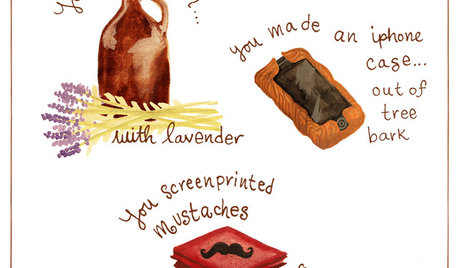
DIY PROJECTS12 Signs You've Caught the DIY Bug
Been making inventive things from scratch? Repurposing salvaged pieces creatively? It may be more serious than you think
Full Story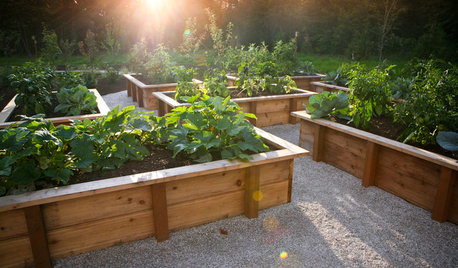
GARDENING AND LANDSCAPINGRaised Beds Lift Any Garden
From good old-fashioned wood garden boxes to modern metal troughs, raised beds can make any landscape space look great
Full Story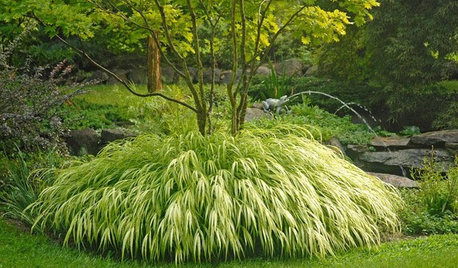
PRODUCT PICKSGuest Picks: 20 Gorgeous Perennials to Plant Now
Take advantage of warm spring weather to create a colorful garden with blooming plants, succulents and ornamental grasses
Full StoryMore Discussions






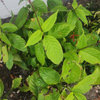
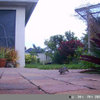
carolb_w_fl_coastal_9b
joewormOriginal Author
Related Professionals
Canyon Lake Landscape Contractors · Concord Landscape Contractors · Concord Landscape Contractors · Ellensburg Landscape Contractors · Gallatin Landscape Contractors · North Plainfield Landscape Contractors · Post Falls Landscape Contractors · Siloam Springs Landscape Contractors · Arlington Heights Decks, Patios & Outdoor Enclosures · Atlantic City Decks, Patios & Outdoor Enclosures · Des Moines Decks, Patios & Outdoor Enclosures · Fort Myers Decks, Patios & Outdoor Enclosures · Larkspur Decks, Patios & Outdoor Enclosures · Schaumburg Decks, Patios & Outdoor Enclosures · Sacramento Siding & Exteriorscarolb_w_fl_coastal_9b
joewormOriginal Author
carolb_w_fl_coastal_9b
zzackey
zzackey
joewormOriginal Author
JYearout
joewormOriginal Author
northflagardener